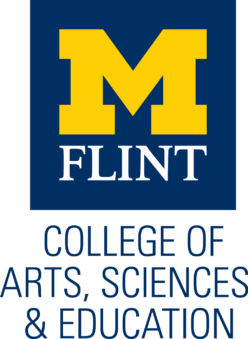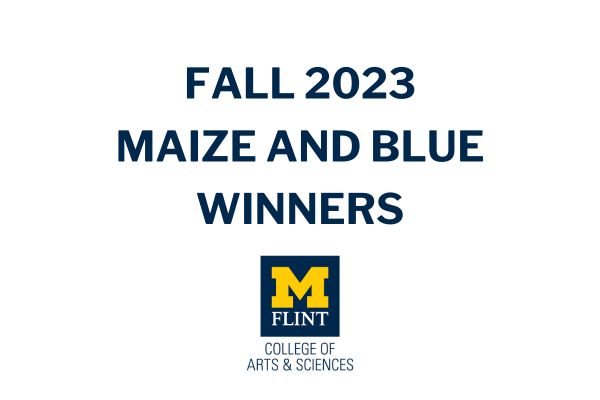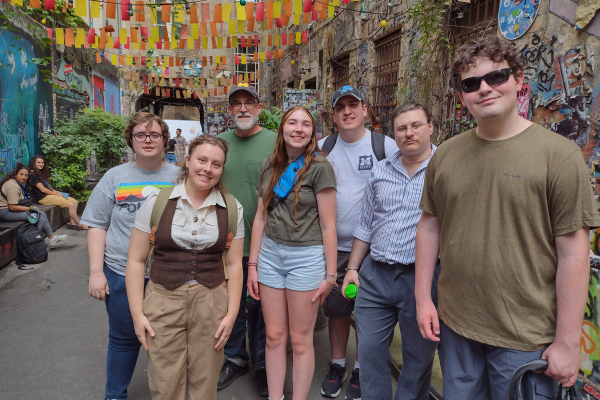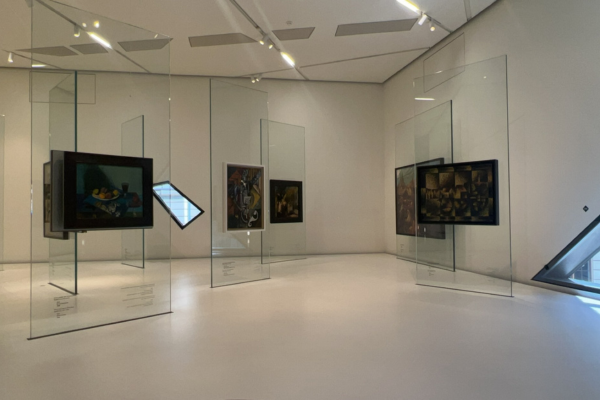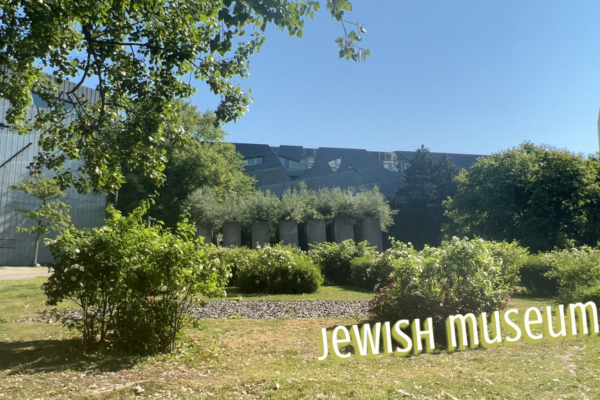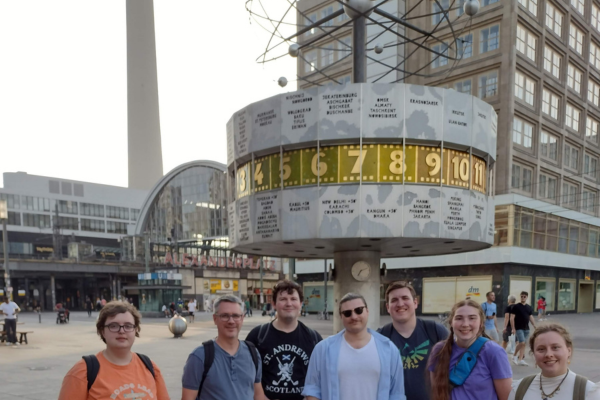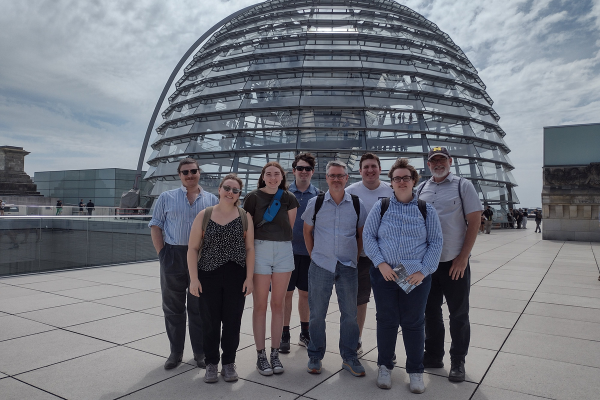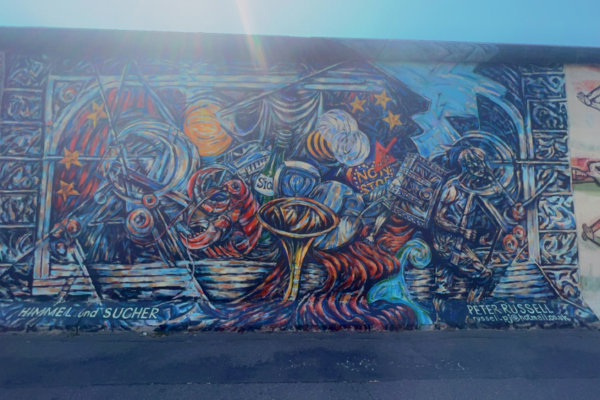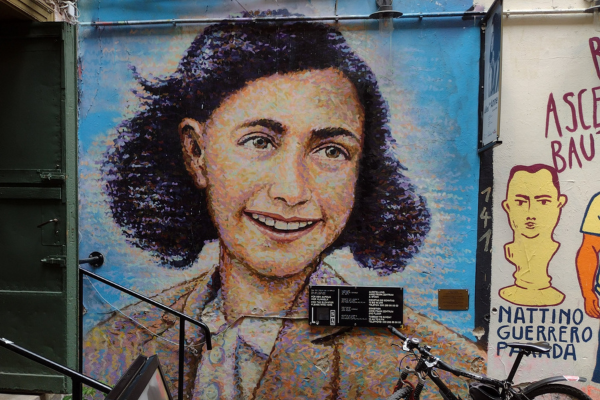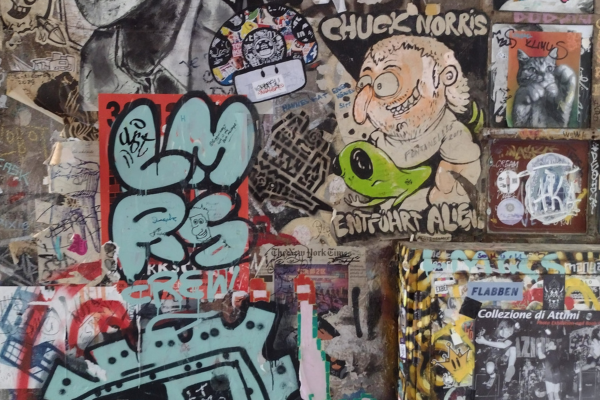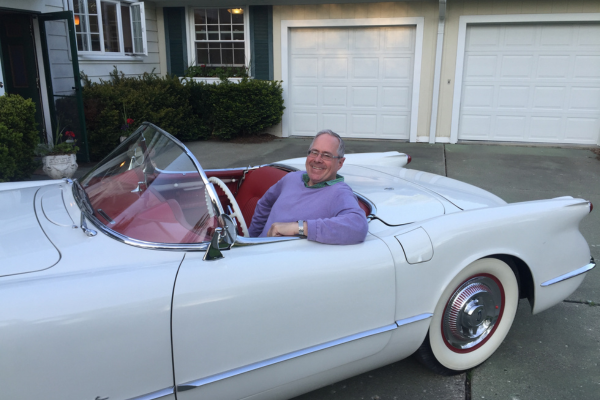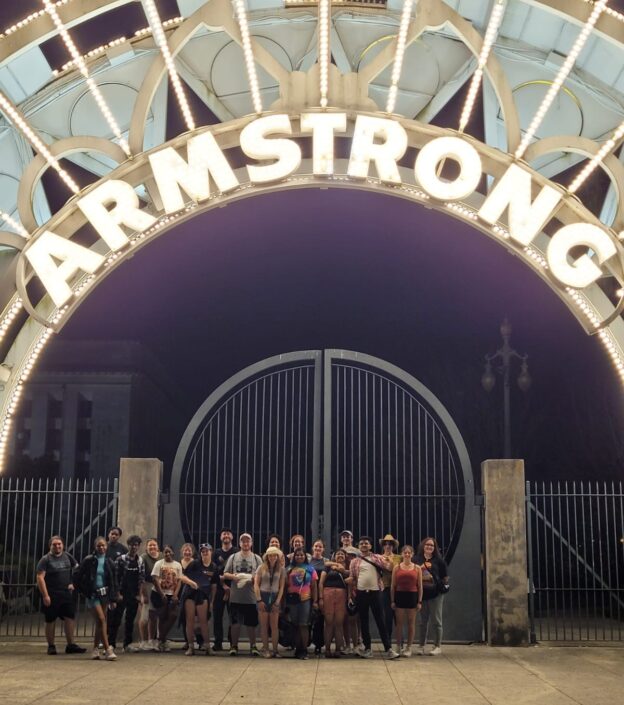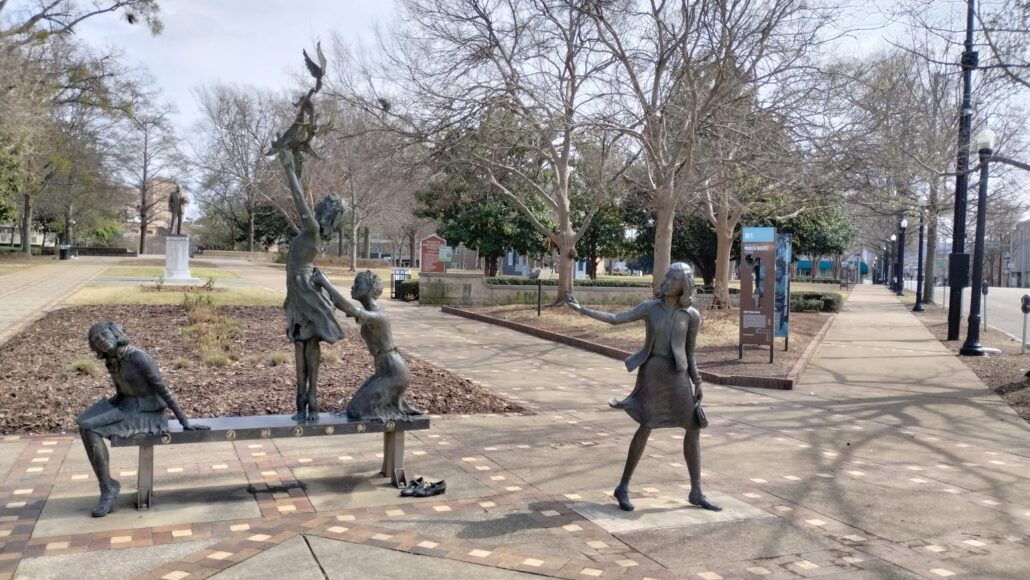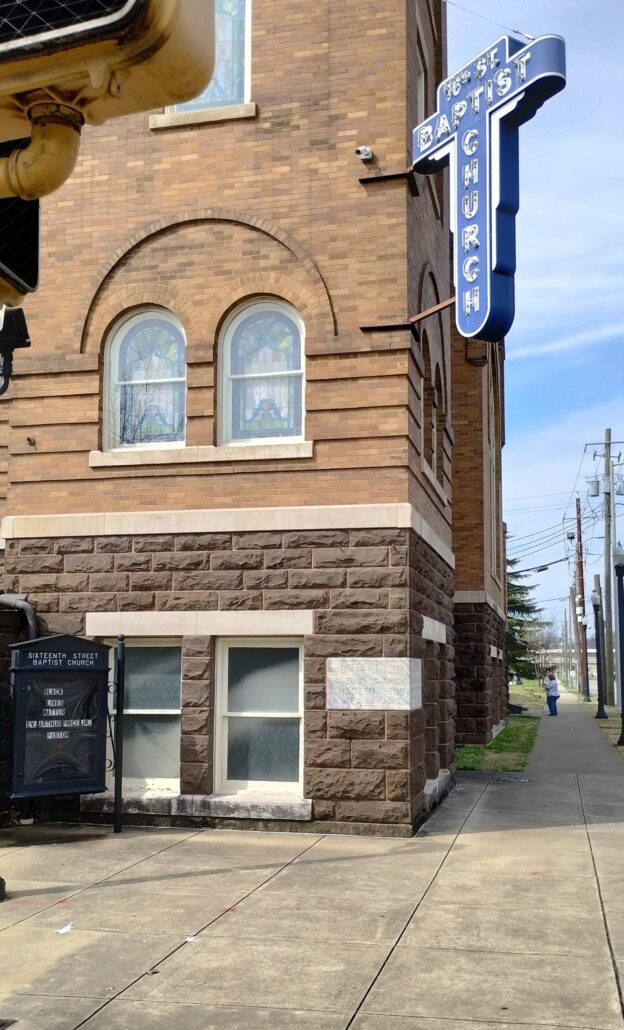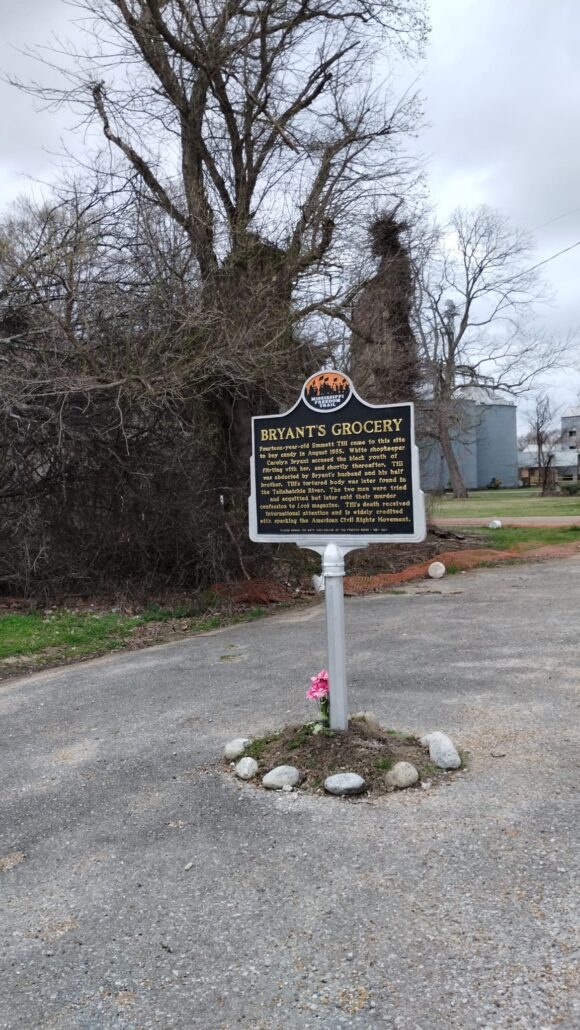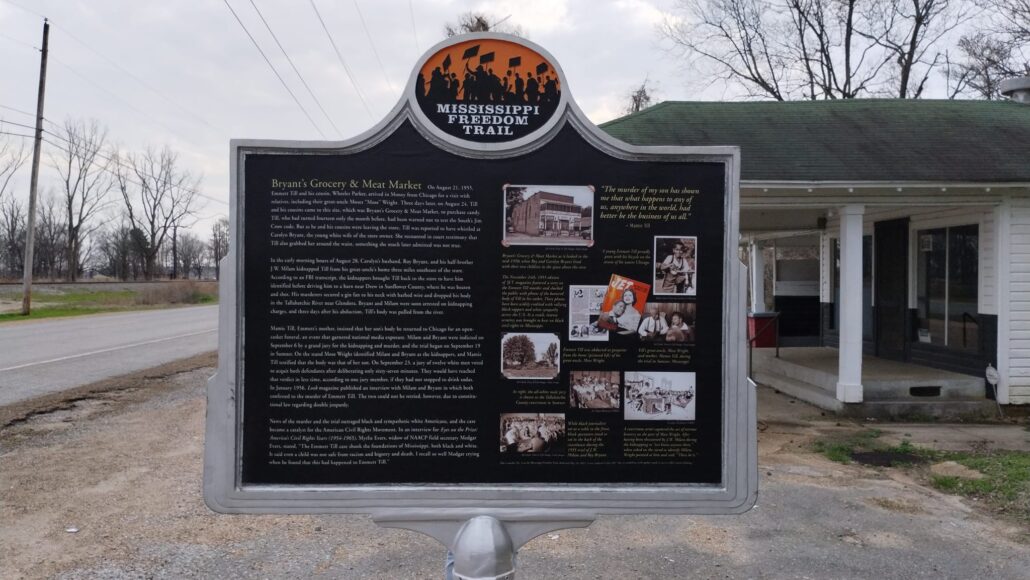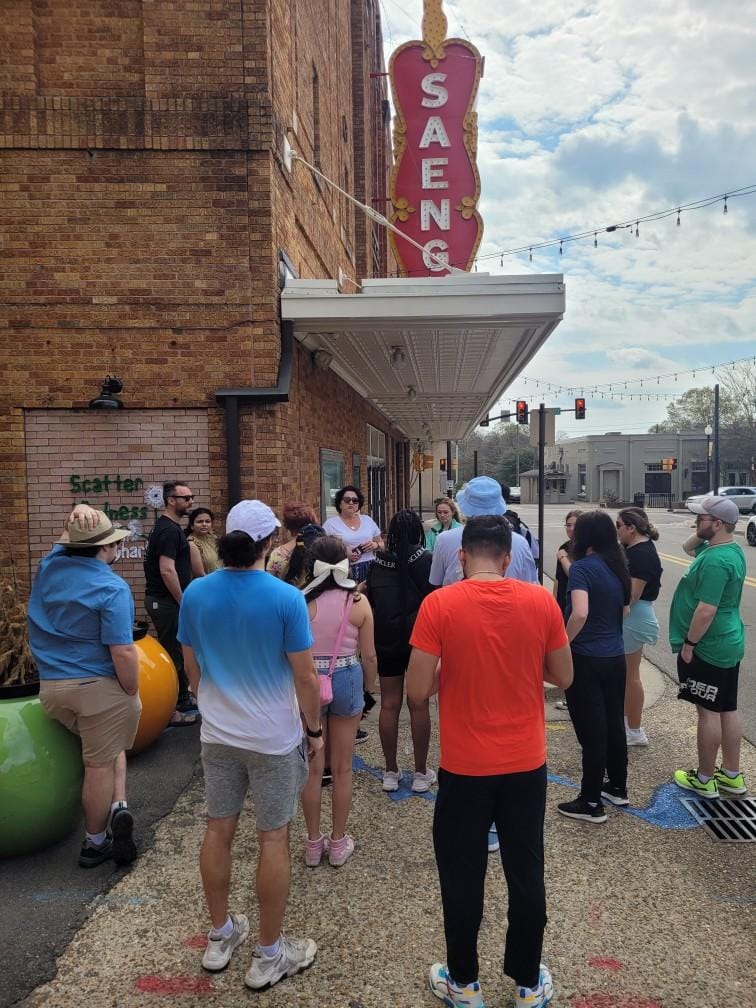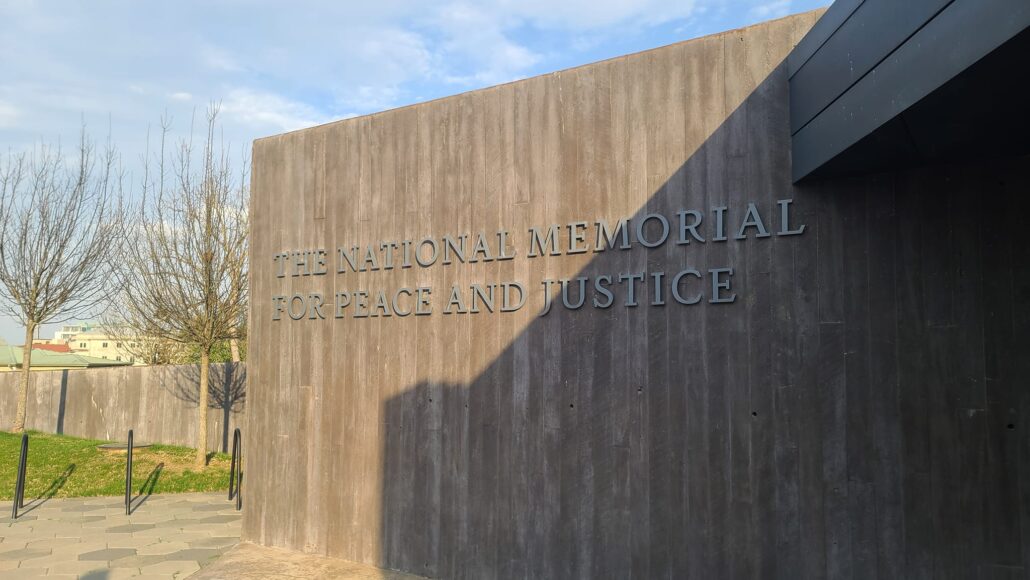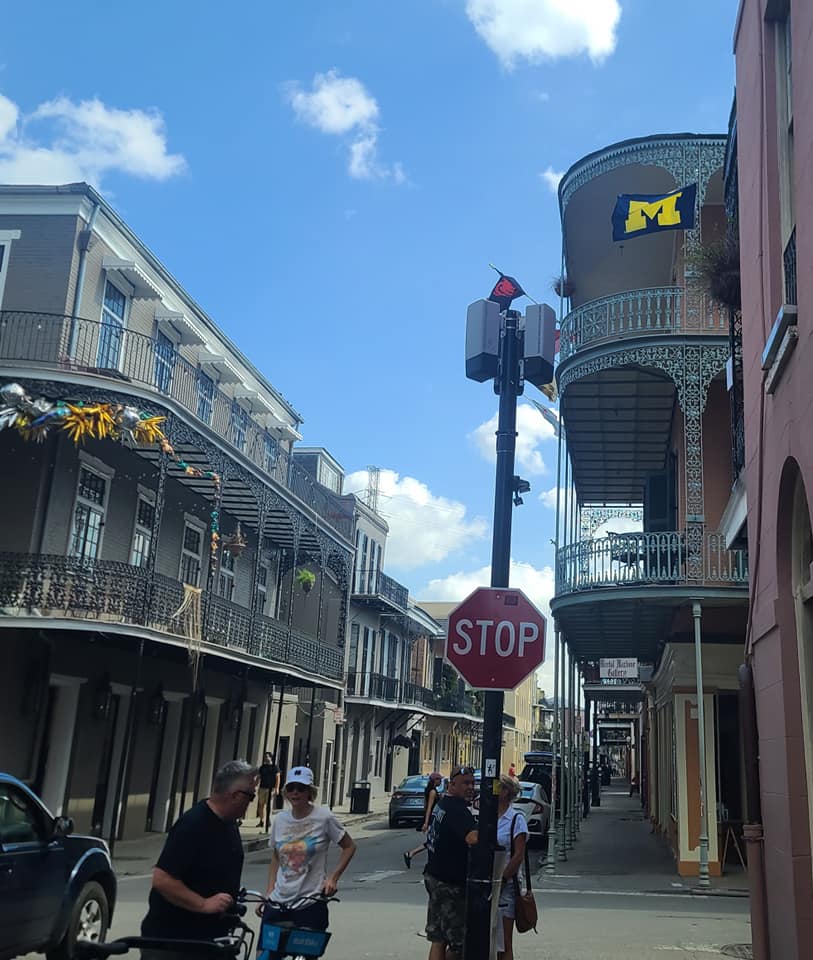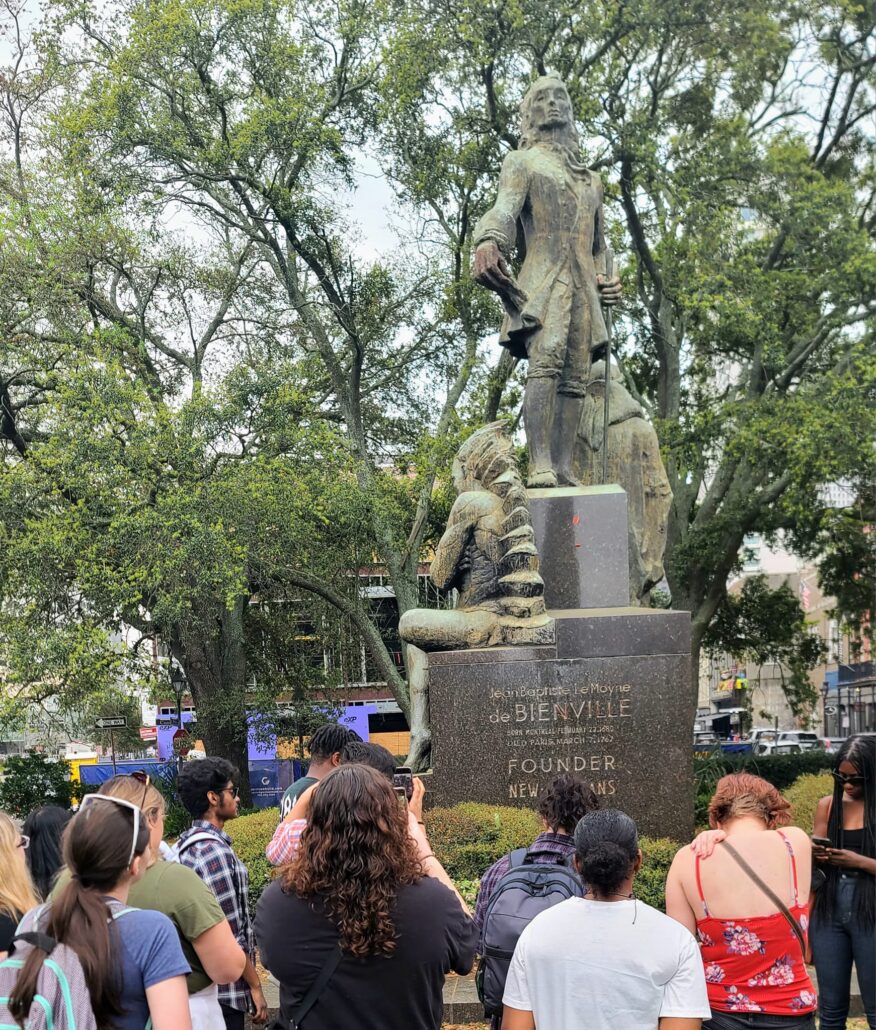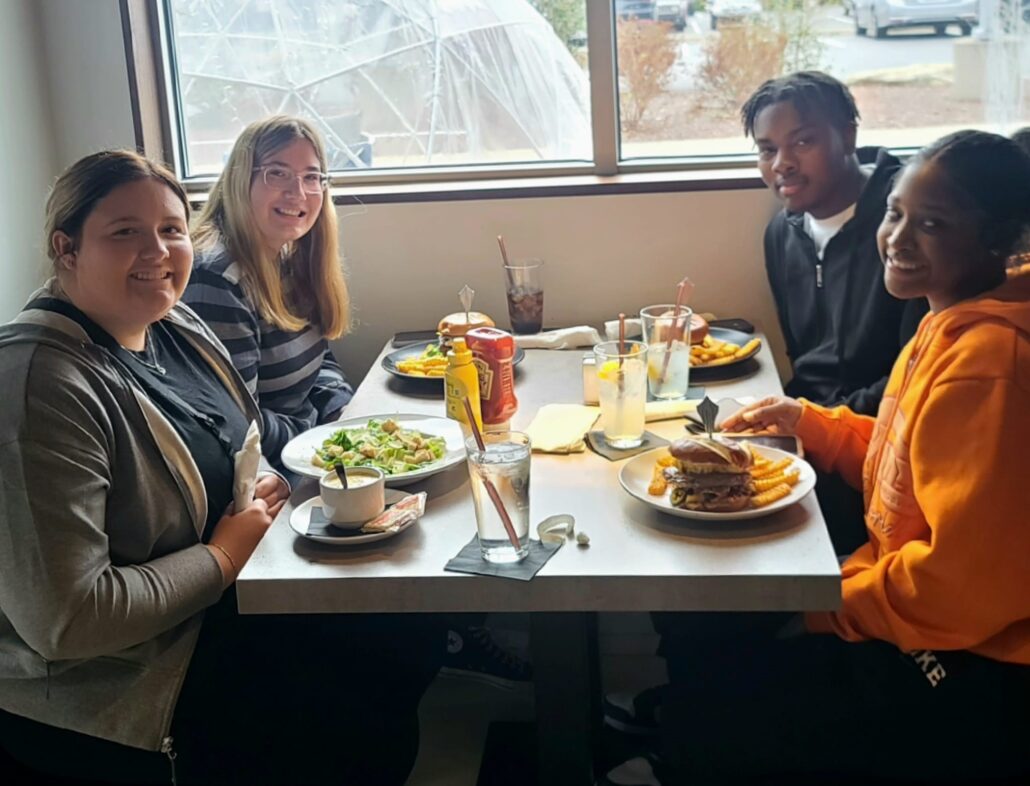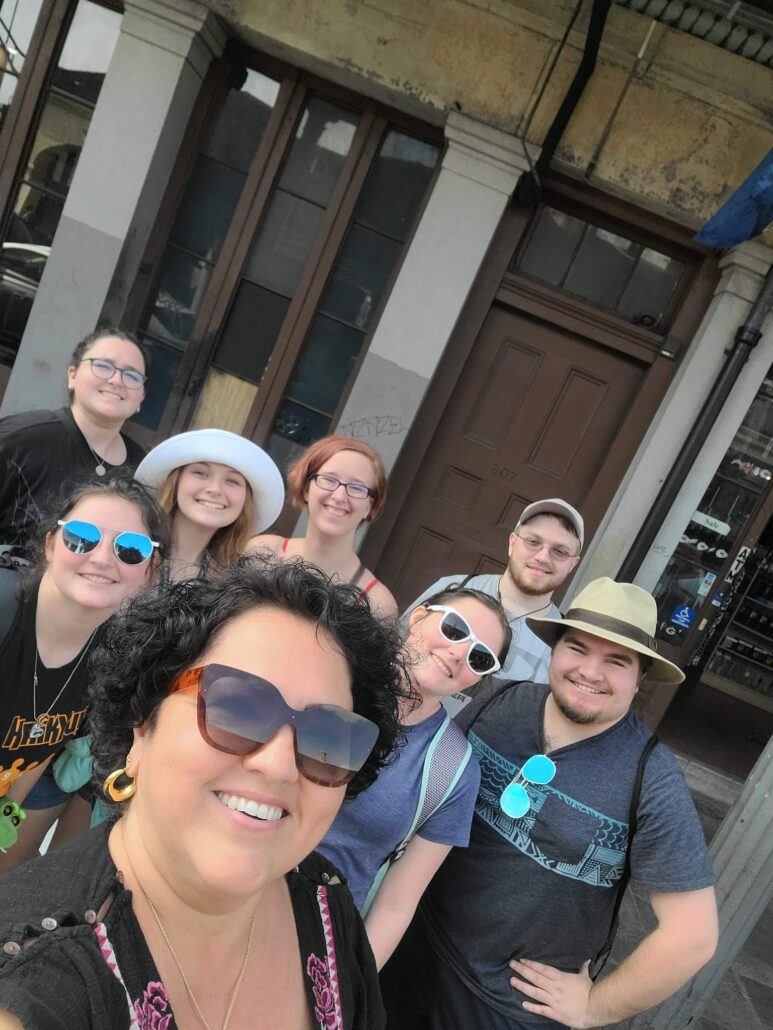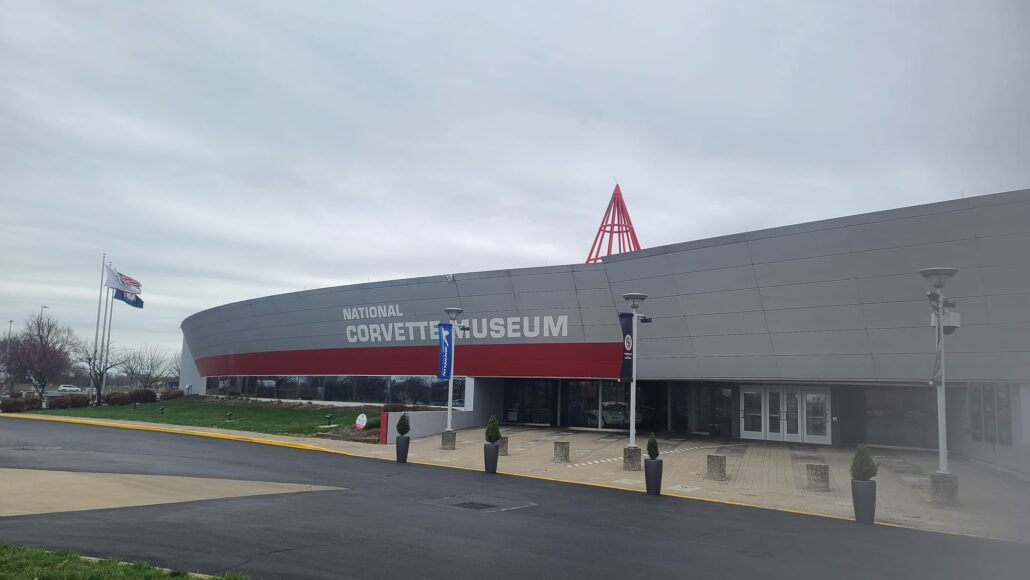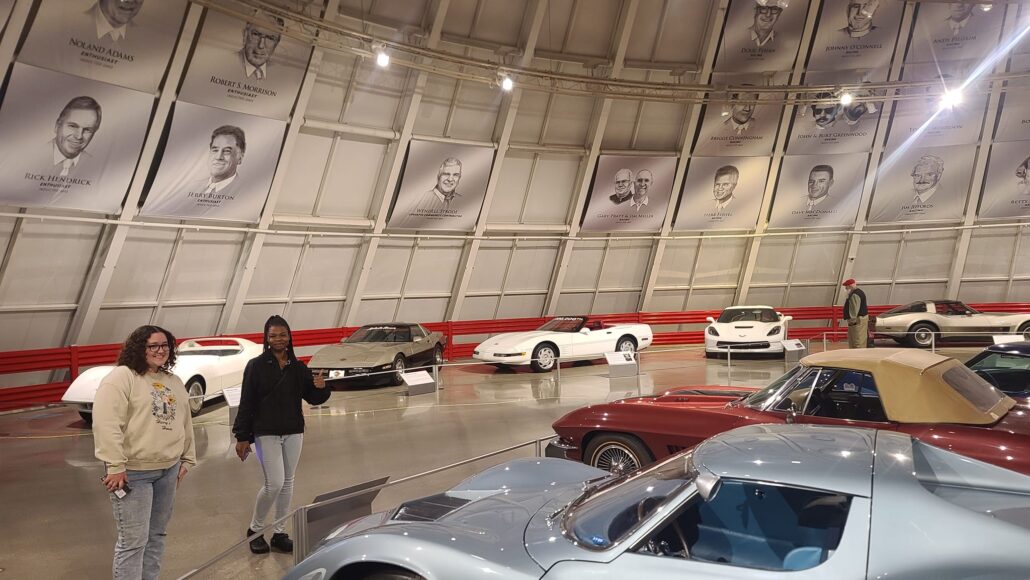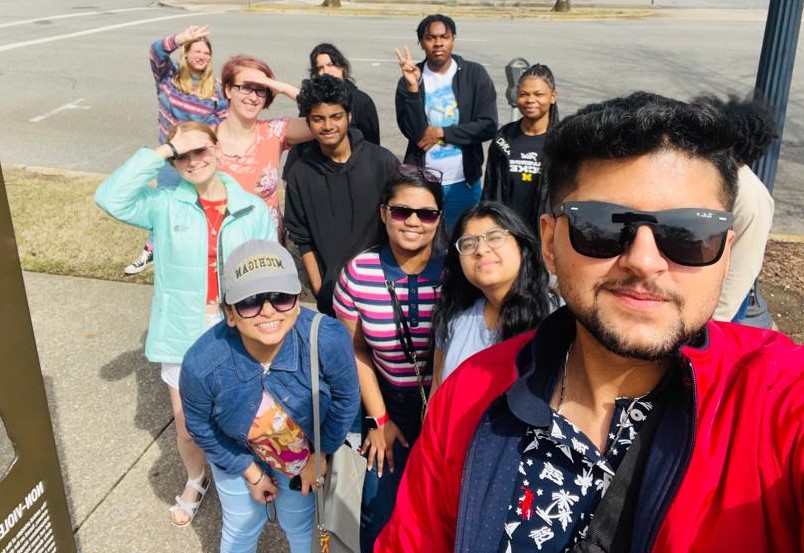We are taking a moment to celebrate our 2023 Maize and Blue Scholars. The award is presented to undergraduates who demonstrate outstanding academic performance and embody intellectual maturity, depth, character, talent, and a commitment to serving the university and the community.
Jennifer Musk, a non-traditional student and mother of four from Kalamazoo is just one of the award recipients. We asked her several important questions pertaining to her experiences on campus. Keep reading to learn more.
Q: How does it feel to be recognized as a Maize & Blue Scholar?
A: “I am deeply honored to represent the University of Michigan-Flint as a Maize and Blue Distinguished Scholar. It feels incredibly special to have my years of dedication, hard work and positive character recognized. Go Blue!”
Q: How do you think your education, classes and experiences helped you for life after graduation?
A: “My education at UM-Flint, enriched by diverse classes, has deepened my understanding of psychology and equipped me with practical skills and insights for navigating real-world challenges. Through research projects and coursework, I have honed my critical thinking, problem-solving and communication abilities. I feel empowered by my successes, ready to take on future challenges in my career and life and continue being an advocate for the well-being of others.”
Q: How did you pick your major and what were some driving factors?
A: “I chose to major in psychology because of my personal experiences caring for those with behavioral health conditions. This journey, coupled with a strong desire for self-improvement and knowledge, fueled my commitment to psychology. My passion lies in using my education to foster understanding, empathy and support for mental well-being.”
Q: Do you have a favorite professor?
“I have enjoyed interactions with all my professors and appreciate their diverse approaches. The growth I’ve experienced in each class has been invaluable. Several professors, including Dr. Nathaniel Miller, Dr. Karen Bedell, Professor Amanda Taylor, Dr. Hillary Heinze, Dr. Yael Sela, Dr. Rita Fields and Dr. Mark Simon, have left a lasting impact on me. I must also give special recognition to Dr. Miller. He offered me unwavering support and encouragement, through multiple psychology courses, which played a pivotal role in fostering my confidence as a student of psychology.”
Q: What was your best or favorite college memory?
A: “Winning the 2022 Raphelson Prize stands out as a cherished memory from my time at UM-Flint. I submitted my research proposal with the understanding that it was not the typical submission of completed research. Despite not anticipating a win, I submitted my proposal with pride. The joy I felt upon winning added a layer of fulfillment to the experience.”
Q: What’s one piece of advice you’d give incoming freshmen?
A: “I would advise incoming freshman to let go of preconceived expectations about college and instead embrace the diverse opportunities for learning, growth and joy that each unique experience presents.”
